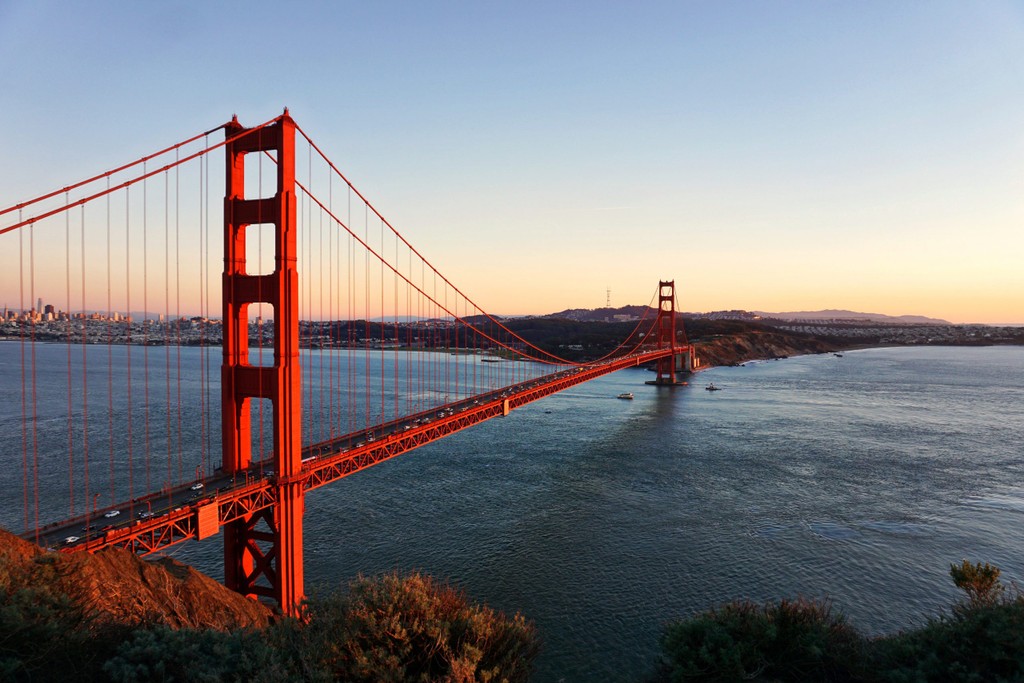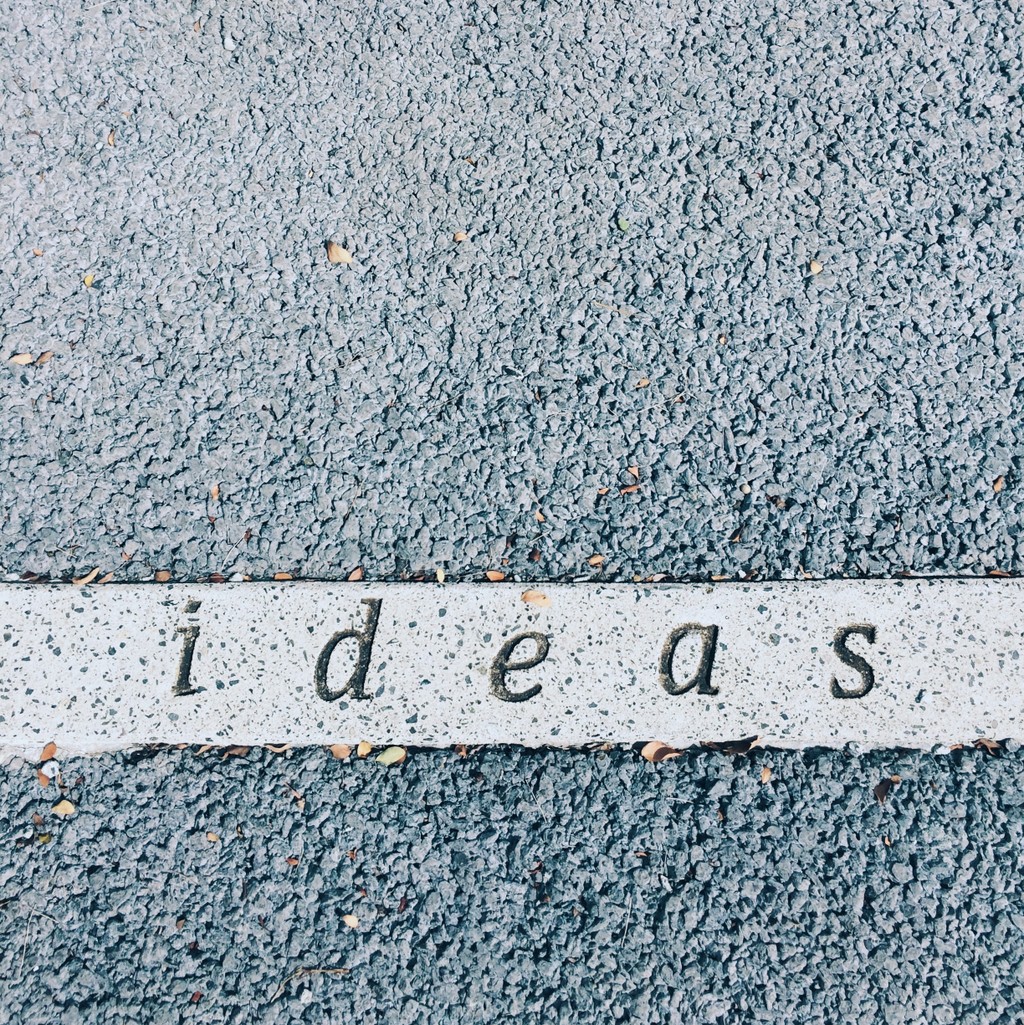San Francisco Bay is a large, almost landlocked bay that indents western California. It is 60 miles (97km) long, 3 to 12 miles (5–19 km) wide, and one of the most beautiful natural harbours in the world.
Several inventions came from San Francisco including the jukebox, slot machine,television, and cable cars. Inventors are required to patent their inventions. A patent gives the owner exclusive legal rights to the exploitation and reproduction of an invention.Many people do not realize that the patent filing process is quite complex. It requires knowledge of a number of laws, policies, and regulations.
Basic Requirements for US Patent
For San Francisco to be granted a Patent, the invention must meet certain criteria. These criteria are consistent across the country. Inventions should be original, not obvious, and industrially applicable.
- If the invention was already part of a public record or used before the filing date, you may not be eligible for a Patent. The record could be found in the country or elsewhere in the world.
- Non-obvious refers to the fact that your invention is not obvious to someone skilled in the art or working in the same technical field.
- A invention must be industrially applicable. This means that the invention is industrially applicable or has practical applications.
- Some subject matter is not patentable. These subject matters are not patentable and may include scientific theories, mathematical methods, natural laws, and other principles.
These points are crucial for Patent filing in San Francisco and elsewhere. These points may prove helpful when you plan to file a Patent.
Free Patent Filing Assistance
Patent Pro Bono Program
The USPTO offers three types of services to assist Pro Se inventors. These services include education about the patent process, representation of the self-represented applicant, and assistance in filing the patent. These services are available online and over the phone on the USPTO website.
Small businesses and inventors may be eligible to receive free legal help in filing and preparing a patent application. Patent Pro Bono Program, a national network of regional programs independently managed by patent professionals, matches small-business inventors with volunteer patent professionals to secure patent protection.
If you’re in the Bay area, and you’re considering a patent filing, you may be wondering whether you can get free help with the patent application process. This is possible if you file pro se, also known as pro per, or “pro per persona,” which means “for oneself.” If you do choose to file pro se, however, you can take advantage of educational materials that can help you fill out the application correctly and respond to examiners’ questions.
If you are not able to afford an attorney, consider taking a free course online to learn the basics of patent law. Such a course will provide the knowledge needed to better understand the patent system. The more you know about the process, the quicker you can move forward with your invention.
The Patent Pro Bono Program matches inventors with registered patent practitioners who are willing to donate their time to assist them. To qualify:
- Your gross household income should not exceed three times the federal poverty levels, though certain regional programs may have other criteria.
- Knowledge. One of these two methods must be used to prove your knowledge of the patent system:
- A provisional application already filed with the USPTO.
- Successful completion of the certificate training course.
- You should be able describe the specific features of the invention and how they work.
California Inventors Assistance Program
Section 32 of “America Invents Act” established the United States Patent and Trademark Office, California Inventors Assistance Program (USPTO), a new pro-bono program that assists financially under-resourced independent inventors and small business owners.
CLA was chosen as the California statewide administrator of the program to handle pro bono intakes with the USPTO. The CIAP currently offers services to five Western U.S. States (Hawaii. Alaska. Oregon. California. Nevada. It allows patent attorneys to use the skills in their area of practice and gives them a sense of satisfaction upon achieving a positive outcome.
Members of the inventor community who are seeking pro bono CIAP assistance will need to submit an CIAP Referral request application along with a financial screening form and supporting documentation.
Law school clinics
A legal clinic, also known as law clinic or law-school clinic, is a program that provides legal aid to clients and gives practical experience to students. Clinics are often directed by clinical professors.San Francisco inventors and entrepreneurs can obtain free legal help for both patent and trademark matters by contacting University of San Francisco School of Law

